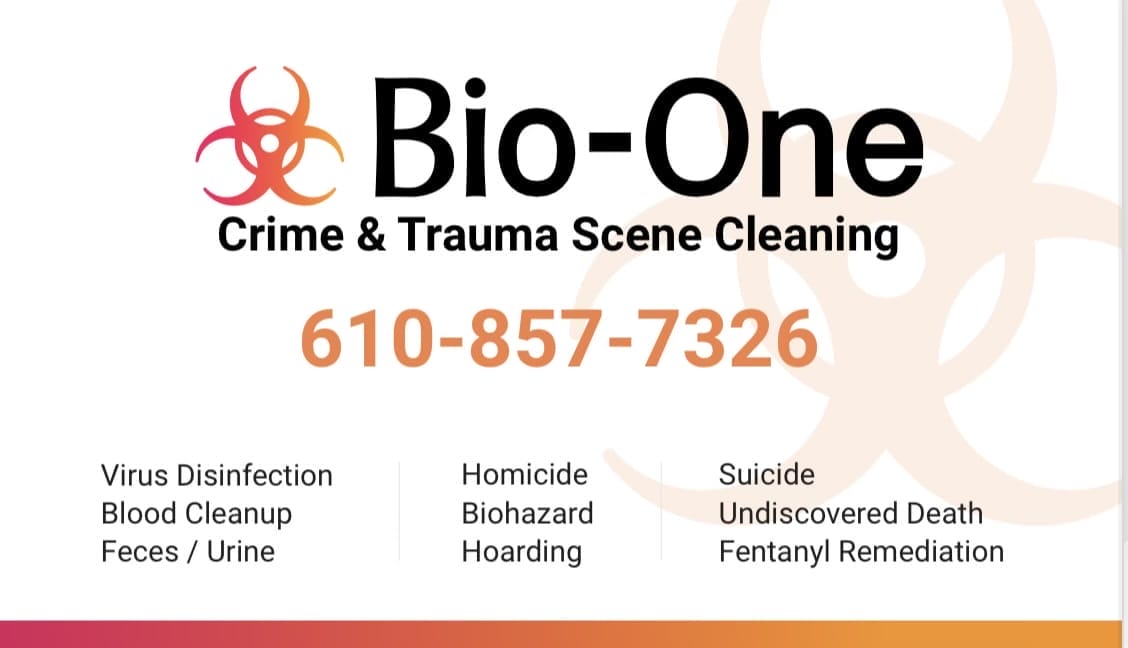Hoarding disorder is a complex psychological condition characterized by the excessive accumulation of possessions and an inability to discard them, regardless of their value. While it may seem like a matter of excessive clutter, hoarding can have profound effects on the individual's life, relationships, and overall well-being. Understanding the causes, effects, and treatment options for hoarding is crucial in providing support and intervention for those affected by this disorder.Causes of Hoarding:Hoarding disorder is believed to stem from a combination of genetic, environmental, and psychological factors. Some individuals may have a genetic predisposition towards hoarding behaviors, while others may develop hoarding tendencies in response to traumatic life events, such as loss or abandonment. Additionally, individuals with certain personality traits, such as perfectionism or indecisiveness, may be more susceptible to hoarding behavior.Effects of Hoarding:Hoarding can have far-reaching effects on various aspects of a person's life:Social Isolation: Hoarding often leads to social withdrawal and isolation, as individuals may feel ashamed or embarrassed about the clutter in their homes. This can strain relationships with family and friends, leading to further isolation and loneliness.Health Risks: Excessive clutter can pose serious health risks, including fire hazards, tripping hazards, and sanitation issues. Hoarding environments are often breeding grounds for mold, bacteria, and pests, which can contribute to respiratory problems and other health issues.Financial Strain: Hoarding can also have financial consequences, as individuals may spend large sums of money acquiring and storing items they do not need. Additionally, hoarding can lead to eviction or home condemnation, further exacerbating financial difficulties.Decline in Functioning: Hoarding can impede daily functioning, making it difficult for individuals to maintain basic hygiene, prepare meals, or navigate their living space. This decline in functioning can negatively impact overall quality of life and independence.Treatment Options:Treating hoarding disorder often requires a multidisciplinary approach involving therapy, medication, and support from loved ones. Some effective treatment options include:Cognitive-Behavioral Therapy (CBT): CBT aims to identify and challenge the underlying beliefs and thought patterns that contribute to hoarding behavior. Through cognitive restructuring and exposure therapy, individuals can learn healthier coping strategies and reduce the urge to hoard.Medication: In some cases, medication such as selective serotonin reuptake inhibitors (SSRIs) may be prescribed to help manage symptoms of anxiety and depression commonly associated with hoarding disorder.Support Groups: Joining a support group for individuals with hoarding disorder can provide valuable emotional support, encouragement, and practical advice for managing clutter and maintaining progress.Professional Organizers: Working with a professional organizer or clutter coach can help individuals declutter their living space in a structured and non-judgmental manner. These professionals can provide guidance on organization techniques and help individuals develop skills for maintaining a clutter-free environment.Conclusion:Hoarding disorder is a serious mental health condition that requires understanding, compassion, and appropriate intervention. By addressing the underlying causes of hoarding behavior and implementing effective treatment strategies, individuals affected by hoarding disorder can experience improved quality of life, enhanced relationships, and greater independence. Seeking support from mental health professionals, support groups, and loved ones is essential in the journey towards recovery from hoarding disorder.



